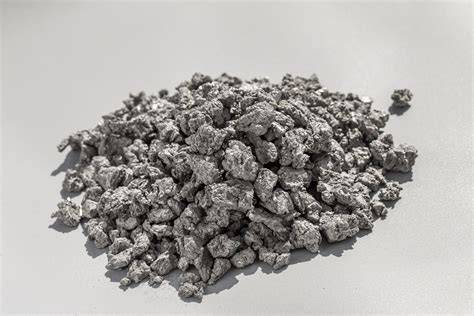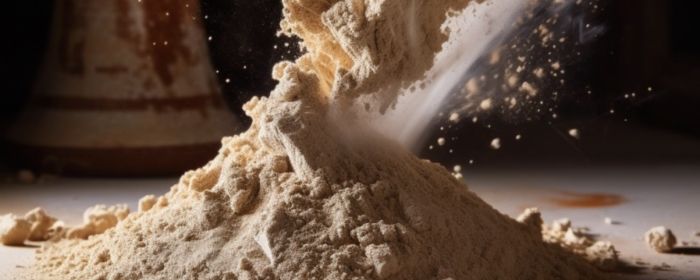

Cobalt powder is a metallic powder made from the element cobalt (Co), usually prepared through reduction or electrolysis processes. Cobalt has a high melting point of 1495°C and offers excellent corrosion resistance and chemical stability. These characteristics make cobalt powder widely used in various industries.
Cobalt powder finds significant applications in high-temperature alloys, hard alloys, catalysts, electronic devices, special tools, magnetic materials, batteries, hydrogen storage alloy electrodes, and special coatings. With the rapid development of industry and technology, the demand for cobalt powder is increasing, and the requirements for its quality are becoming more stringent.
The mechanical properties of cobalt powder are excellent, with good oxidation resistance at high temperatures. Therefore, it can be used either as a base material or as an additive for high-temperature alloys. Cobalt-based superalloys, like Stellite alloys, consist mainly of cobalt with the addition of chromium, molybdenum, tungsten, nickel, and other elements. Through proper alloy design, these alloys exhibit excellent high-temperature strength, oxidation resistance, corrosion resistance, and wear resistance. They are commonly used in gas turbines, and key components like turbine blades and combustion chambers of jet engines.
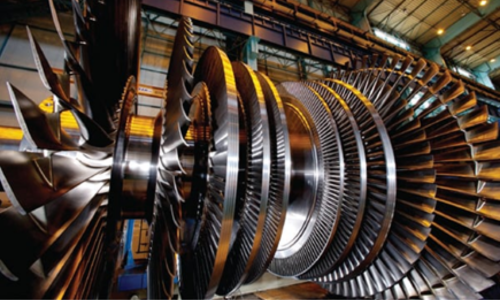
Fig 1. High-Temperature Alloys
Hard alloys are a category of composite materials, and the major role of cobalt powder is to act as a binder. Cobalt powder, through the process of powder metallurgy sintering, tightly binds the hard phase of the material, which could be tungsten carbide. In hard alloys, the toughness and ductility of cobalt improve the entire structure by improving the impact toughness.
Accompanying the development in the hard alloy industry, there is a tendency toward ultra-fine cobalt powder, nano WC-Co powder, and spherical cobalt powder in cobalt powder used for hard alloys. It denotes that the raw cobalt powder's quality is required to be highly improved, not only in chemical composition but also in the physical properties of particle size, size distribution, and crystal morphology. The size of the particles should be finer, less than usually 1.5μm, spherical or near-spherical in shape, and normally distributed.
Cobalt powder for hard alloys needs to be super pure. It is because pure cobalt fully wets the tungsten carbide grains, creating a strong bond that enhances the alloy's overall strength. Conversely, contaminants such as lead, silicon, calcium, or sulfur can disrupt the microstructure during sintering, compromising the final material's performance.
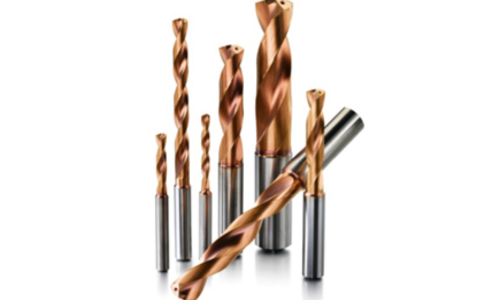
Fig 2. Carbide drill bits
Cobalt possesses several oxidation states such as Co(0), Co(II), and Co(III) capable of participating in various electron transfers during the catalyzing process that allow cobalt to exhibit great catalytic activity along with high selectivity. In addition, good catalytic stability and relatively lower cost of cobalt powder turn cobalt into an outstanding feedstock for catalysts.
Cobalt’s application in batteries is notable, especially with the widespread use of lithium-ion batteries. Cobalt is a key component in cathode materials for lithium-ion batteries, particularly in ternary materials like nickel-cobalt-manganese (NCM) and nickel-cobalt-aluminum (NCA). Adding cobalt powder can significantly improve the battery’s capacity, stability, and safety.
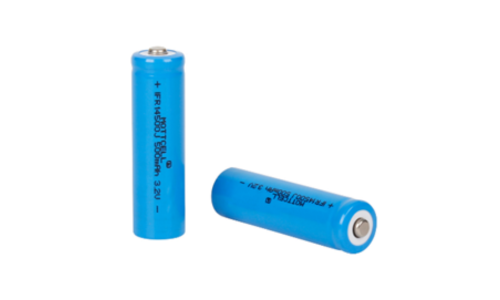
Fig 3. Lithium cobalt oxide battery
Ultra-fine Cobalt powder can be manufactured for special functional materials. For example, in special molds, liners for bushings can be made, as well as wear-resistant parts. Generally, armors are made using various alloy combinations which enhance toughness and resistance to impacts. After sintering by new processes, ultra-fine cobalt powder can form new super-hard materials with high strength for armor protection. It is also used in the manufacture of anti-corrosion coatings that can resist high temperatures and dissipate heat, as well as conductive coatings.
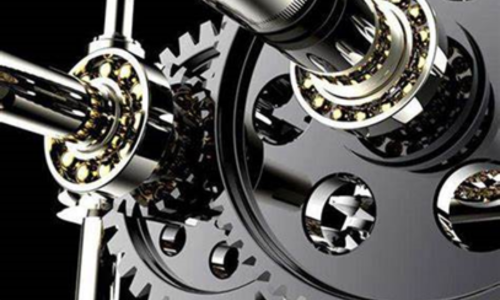
Fig 4. Wear-resistant parts
In hard magnetic material applications, cobalt powder is used to produce permanent magnetic material containing cobalt, for example, SmCo magnets. These magnets exhibit superior coercivity with excellent thermal stability. Its magnetic stability can be well maintained in high-temperature conditions. Since they are widely used in aerospace, motors, and precision equipment that requires high temperatures and magnetic energy.
In soft magnetic materials, the Co-based alloy, such as Co-Fe alloy-so-called Permendur-has very high magnetic permeability and low loss. It is proper to produce devices such as high-frequency inductors and transformers. All these kinds of materials effectively raise the efficiency of a device and offer a very wide range of applications in the electronic, communication, and power industries.
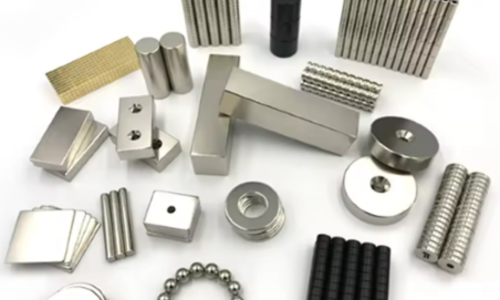
Fig 5. magnets
Cobalt powder plays a vital role in the production of products in many industries. With the rapid development of industry and technology, the quality requirements for cobalt powder are becoming higher. The morphology, particle size, and purity of cobalt powder directly affect the quality of subsequent products.
Stanford Advanced Materials (SAM) has been a leading manufacturer and supplier of metal powders since 1994, providing high-quality products and services to tens of thousands of customers. Our range of cobalt powder products can meet the diverse needs of the market.

United States
.png)
